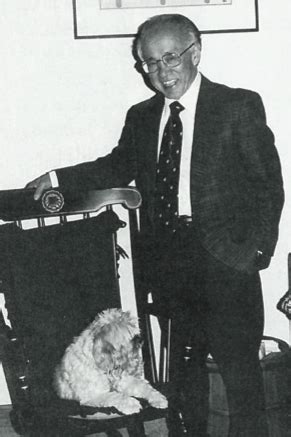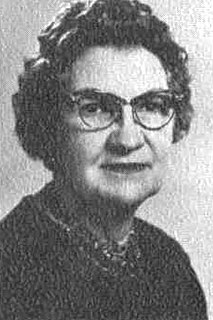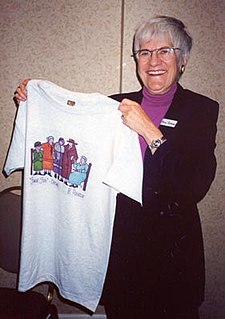A Quote by Adyashanti
A spiritual teaching is a finger pointing toward Reality; it is not Reality itself. To be in a true and mature relationship with a spiritual teaching requires you to apply it, not simply believe in it.
Related Quotes
Teaching a practice can also be a hindrance if it becomes one's identity. To be a spiritual teacher is a temporary function. I'm a spiritual teacher when somebody comes to me and some teaching happens, but the moment they leave I'm no longer a spiritual teacher. If I carry the identity of spiritual teacher, it will cause suffering.
I believe in teaching just a few students, as teaching requires a constant alert observation on each individual in order to establish a direct relationship. A good teacher cannot be fixed in a routine, and many are just that. During teaching, each moment requires a sensitive mind that is constantly changing and constantly adapting.
No matter what spiritual path you've walked or what teachings you've followed, they must lead you back to no path and no teaching. A true teaching is like a blazing fire that consumes itself. The teaching must not only consume you, but consume itself as well. All must be burned to ash, and then the ash must be burned. Then, and only then, is the Ultimate realized.
Dharma has several connotations in South Asian religions, but in Buddhism it has two basic, interrelated meanings: dharma as 'teaching' as found in the expression Buddha Dharma, and dharma as 'reality-as-is' (abhigama-dharma). The teaching is a verbal expression of reality-as-is that consists of two aspects-the subject that realizes and the object that is realized. Together they constitute 'reality-as-is;' if either aspect is lacking, it is not reality-as-is. This sense of dharma or reality-as-is is also called suchness (tathata) or thatness (tattva) in Buddhism.
Spiritual development requires the freedom to connect with different parts of reality in order to understand them more fully. The more you're able to explore, the more connections you can form, and the greater your spiritual growth will be. When you feel a strong desire to connect with something in your reality, listen to your intuitive guidance, and make the connection.
It is often said that the Buddha's teaching is only a raft to help you cross the river, a finger pointing to the moon. Don't maistake the finger for the moon. The raft is not the shore. If we cling to the raft, if we cling to the finger, we miss everything. We cannot, in the name of the finger or the raft kill each other. Human life is more precious than any ideology, any doctrine.


































